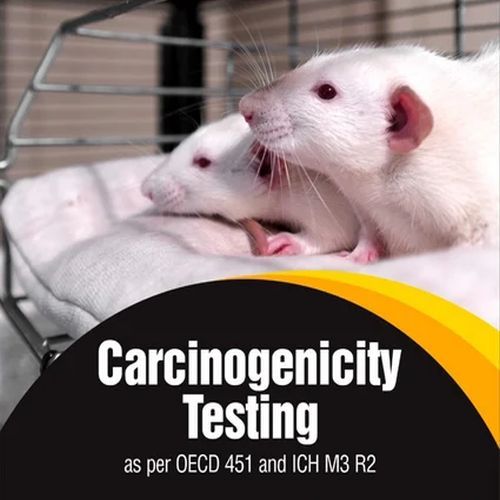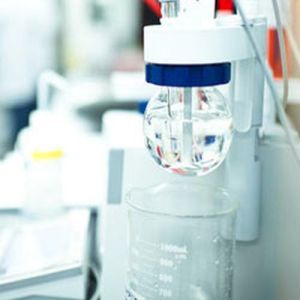- View Mobile Number
iirtdelhi@gmail.com
Carcinogenicity testing is conducted to evaluate whether the materials used in medical devices—or their chemical extracts—have the potential to cause cancer or lead to tumor formation following long-term exposure. This type of testing is especially important for devices intended for prolonged or permanent contact with the human body, such as implants, catheters, or prosthetics. It helps identify any carcinogenic risks associated with the device’s components, degradation products, or leachables that may interact with body tissues over time.
The evaluation typically involves in vivo studies in animal models over an extended period, allowing observation of any tumor development. Results from carcinogenicity testing play a vital role in regulatory approval and help ensure that medical devices meet strict safety standards before clinical use. Ultimately, this testing protects patients by reducing the risk of long-term adverse health effects, particularly for devices intended for continuous use or implantation.













